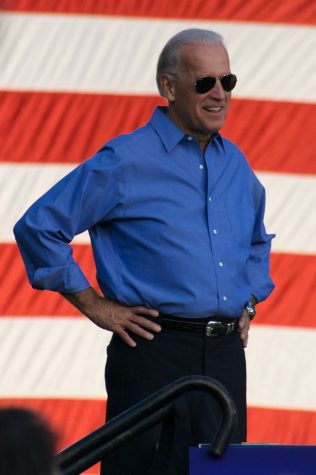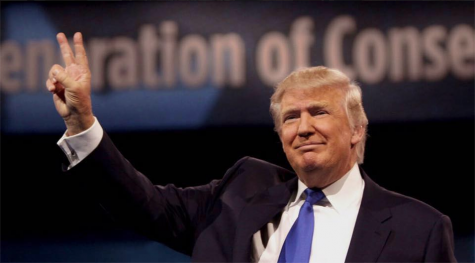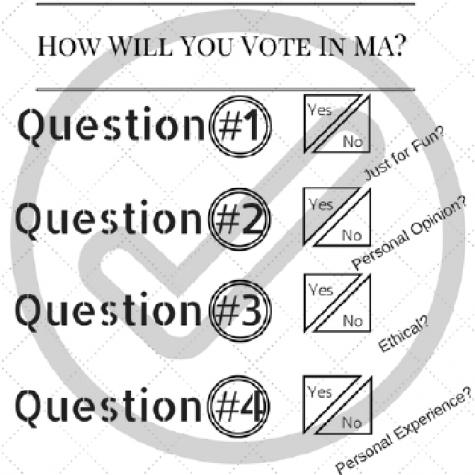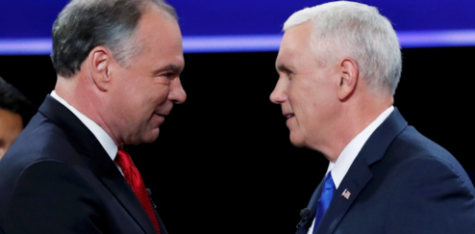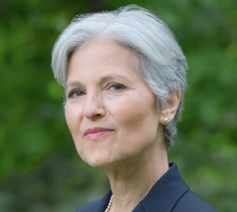Campaign Commentary: An Open Letter to Bernie Sanders Supporters
April 13, 2016
When Sen. Bernie Sanders of Vermont announced his candidacy to run for president in 2016 last May, most of the world did not bat an eye. Sanders’s announcement at the get-go garnered some support but mostly opposition in the form of skepticism and annoyance.
Over the past year, however, his support has grown all over the nation among young people, liberals, Democrats and those frustrated with the current political system. In October, a Sanders rally at the Boston Convention and Exhibition Center attracted 20,000 people to hear Sanders speak on his plan for what he called a “political revolution” through equality, accessibility and progressive social and economic reforms. The volunteers and supporters were hopeful, inspired and above all, positive.
Over the past couple of months, however, this positivity has seemed to vanish among Sanders’s supporters. Instead of “feeling the Bern,” it appears as if Sanders supporters lash out at those who do not support him.
This change in attitude is mainly reflected in the way Sanders supporters view his main rival, former Secretary of State Hillary Clinton.
A new group of people has emerged on social media platforms. Called “Bernie Bros,” they are described as young men supportive of Sanders but completely dismissive of Clinton. They aim to paint her in a negative light through borderline aggressive tweets, memes and the like.
We’ve all seen it: a comparative meme of Sanders and Clinton pointing out his good qualities and projecting her as out of touch with pop culture, or a rant on Facebook from a young man who simply cannot stand Clinton.
Of course, there are informed Sanders supporters who prefer him over Clinton because they feel more aligned with his beliefs, they find Clinton less fit for office or any other knowledgeable argument. These “Bernie Bros,” though, raise two important factors to consider during this election: sexism and electability.
Some have pointed out the apparent sexism of these “Bernie Bros.” Last week, Paul Krugman of The New York Times suggested that even “Bernie is becoming a Bernie Bro” from his recent track record of accusations against Clinton.
Would Sanders have gotten as far as he has today if he were a woman? Would people have been flippant, suggesting he has no idea what democratic-socialism is, or saying he has no right to change the current political system? Does being male put him ahead in this race?
Even as a more institutionalized, moderate Democratic candidate, Clinton has been accused by Sanders of shouting and having an abrasive attitude, as a recent Boston Globe article points out.
The second factor is electability. Clinton is ahead of Sanders by about 600 delegates, moving her closer to the 2,383 needed to be the nominee, according to The New York Times.
How will Sanders supporters or these “Bernie Bros” vote on Nov. 4 if Sanders is not the nominee?








